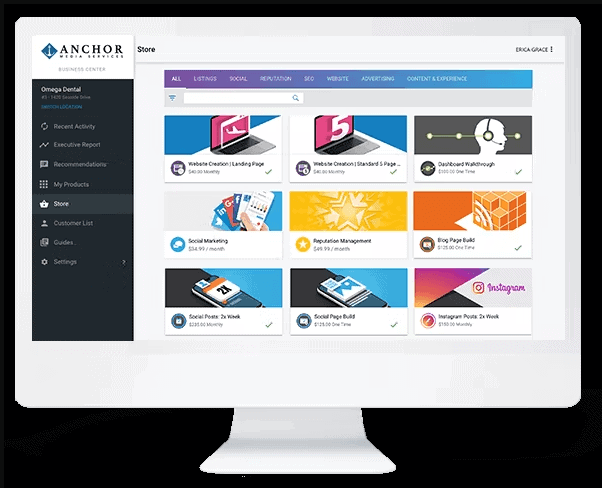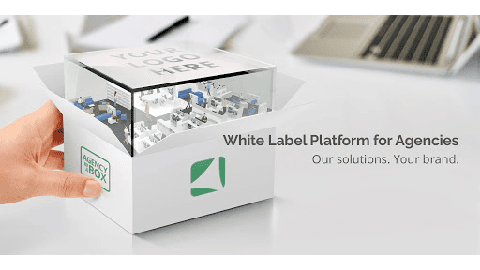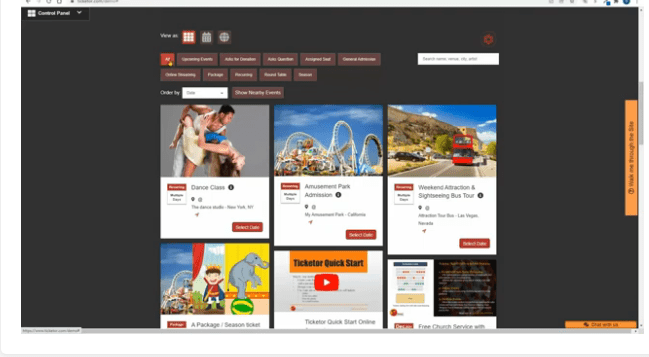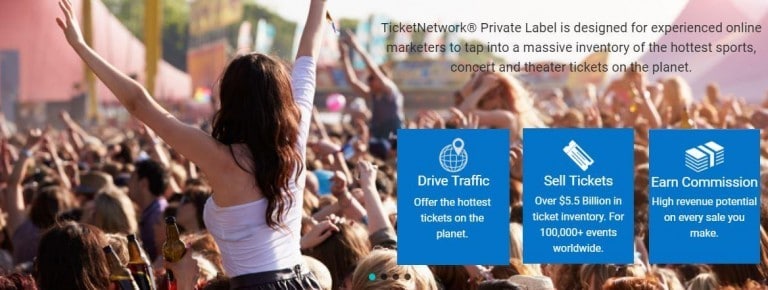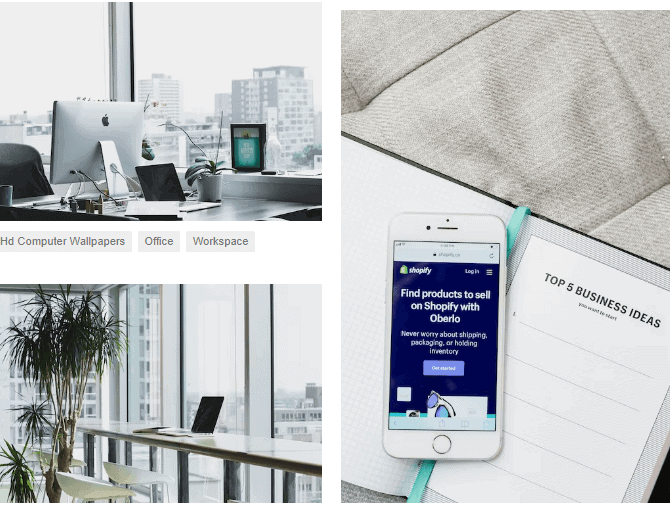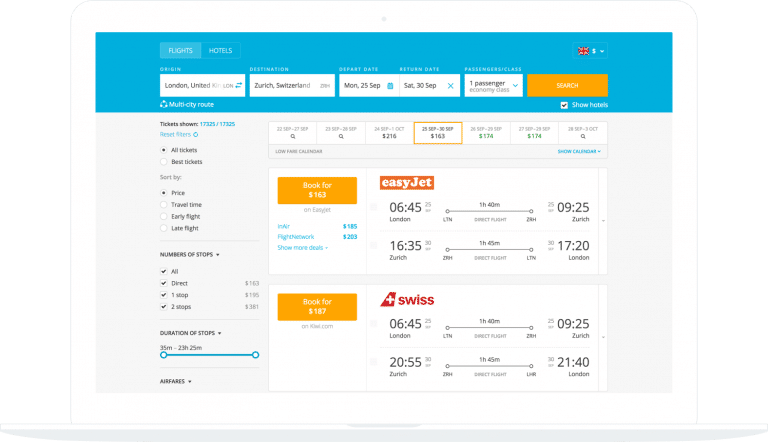Handpicked white label business opportunities you may like
An overview about white label business opportunities
Just a quick look at some of the common questions that people usually ask about white labelling business opportunities.
What does white label mean in business?
It is white labelling if a producer produces and sells the same good or service to other retailers for the purpose of being differentially sold as their own. Meaning that certain elements of the products such as price, colour, and brand name will be differentiated from the original producer. So if a company called Jasper Ltd developed a white label app and sold this app to five other companies that can change/differentiate the app by changing the brand name, colour, domain name, setting different prices etc and selling it to consumers as their products.
What do white label solutions mean?
White label solutions simply mean the solutions that are created and designed to be sold by third parties under their own brand. It doesn’t matter what the name is called, if it’s white label, then it is white label.
Is white labelling legal or bad?
It is absolutely a legal business model which has been in practice for decades across the world, especially by top iconic retail brands. There is nothing bad or illegal about selling white label / private label services to your customers provided you operate within the supplier-agreed terms, follow government regulation, and operate within the industry standard practices. Remember that white-labelled products are subject to the same government regulatory controls as national brands in any sector of the economy which are expected to be complied with by any business.

What are white-label examples?
There are numerous examples of white labels available online on a small or large scale including but not limited to the UK Department for Trade website. Within the context of a small to medium size business, some examples of white label are website development, event & ticketing, dating, SEO, insurance, content marketing, social medial management, SaaS and to mention but a few.
Are white-label products substandard?
White-labelled products/services are not of lesser quality than the providers’ brands. The is no proven evidence of such. It is all about the specification and prices.
Who can start a white-label business?
Anybody such as self-employed, work-from-home professionals, solopreneurs or a limited company irrespective of the size small or big can sell white labelled products provided you have the marketing wherewithal. When you visit any of the top retailers such as Tesco, Asda, Morrison, Sainsbury and others, you will realise that all of them sell thousands of white labelled products which are also known as ‘’store brands’’. Similarly, many online service providers, such as price comparison websites, local SEO, hotels and flights booking websites are white labelled or ”powered by” third parties applications. A recent study carried out by Grocery Gazette shows that white labelled products make up 36% of the total products sold by FMCG retailers in the UK.
Is white label profitable?
Depending on the product and your target market plus other factors such as market competitiveness determine how profitable is white label. The profit you can make in a saturated market would probably differ compared to an innovative or emerging market. however, it is meant to be profitable for both the suppliers and sellers.
Top benefits of white labelling
- Help to build your brand. With white labelling, you can gradually build your brand compared to selling for others. This is vital especially if your entrepreneurial ambition is for the long term. Remember a brand is powerful, it’s an intangible asset and a successful brand is equivalent to money in the long run.
- Set your own price to maximise profit. You will be able to set your margin for profit maximisation.
- Possibility of backward integration. A successful white label marketer can easily embark on backward integration in the long run to take control of the supplies.
- Focus on your marketing competencies. You will have enough time to focus on your core competencies in marketing and positioning your brand to your target market. This means you can concentrate and devote your resources to promoting your brand while leaving the production, innovation and R&D hassles to your provider.
- Minimise losses. It helps to minimise the high risk of new product development. In case the new product development launch fails, the associated costs will be relatively minimised.
- Lower market entry barriers. It helps with jump-starting the usual market entry barriers such as the huge R&D costs, the cost of setting up a manufacturing plant, hiring top developers, getting regulatory approval etc. So, you can test the water before diving deeper into it.
- White labelling saves time and costs. There are some white-label opportunities that you can set up and get started from day one. The provider has already done the hard work for you. Just a one-click app/software install, change the logo, activate yourdomain.com, set your price, change some texts and start selling like a Pro. That saves a lot of time and costs of developing such an application from the scratch by yourself.
What are white labelling drawbacks?
- Limitation to product modification. In some cases, it may be very hard to make ‘substantial’ changes or modifications to the product simply because the manufacturing process is beyond your control.
- Suppliers constraints. Where there are constraints set by the supplier, you must operate within such constraints.
- Price wars. In a saturated market, you may not be able to differentiate your product from competing brands, making price war inevitable.
What are the basic approaches to starting a white-label business?
- You may need to have an active domain. Depending on the opportunity, you are most likely to have your own active website or one can be set up for you by the white-label provider.
- Fully prepared marketing plan. You must have a clear-cut marketing plan to run your business successfully. This means getting your niche right, understanding the market, designing a winning selling strategy, adopting a competitive pricing strategy
- Be passionate to sell. Just like starting every other business, you must have passion for the business and the niche you are targeting.
What to look out for when choosing a white-label opportunity?
- The provider expertise. What are the provider’s reputation and expertise in the sector? Remember, your business will be powered (not necessarily on the front end) by your supplier.
- Reliability. Will the provider be reliable? White label providers are suppliers, they must be reliable with their services and support whenever required.
- Cost. This is a bit tricky. Some white-label opportunities have a high cost of one-off set-up while others have relatively low set-up costs but ongoing maintenance/support fees apply. In some cases, some are even free to get set up but come with a revenue-sharing model.
- Compliance and industry regulation coverage. Find out if you will be covered by the provider industry/regulatory licence or get one for your product. Remember some industries such are financial, insurance and healthcare are highly regulated compared to say SEO, events, ticketing etc.
So, if you want to build your brand in a way that you can save time and cost while you are still able to set your price at your margin, then white labelling may be the best business model for you.
Simply search for private lable / white lable opportunities, find the best fit, connect with the provider and you are good to go!

